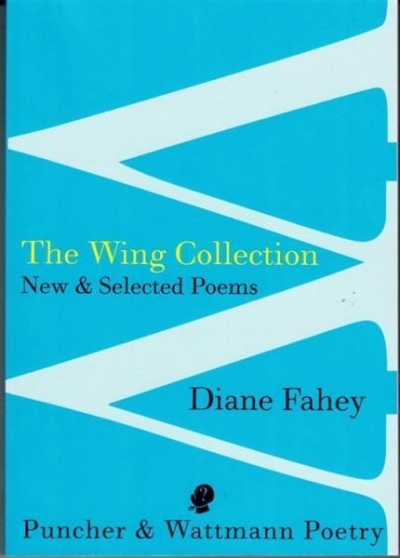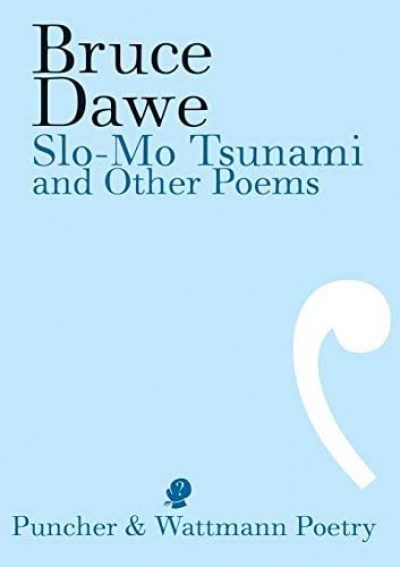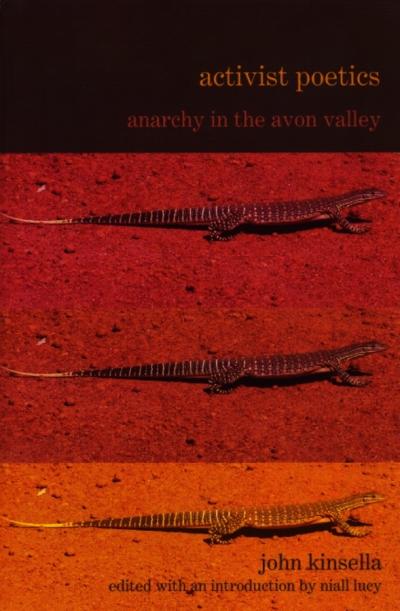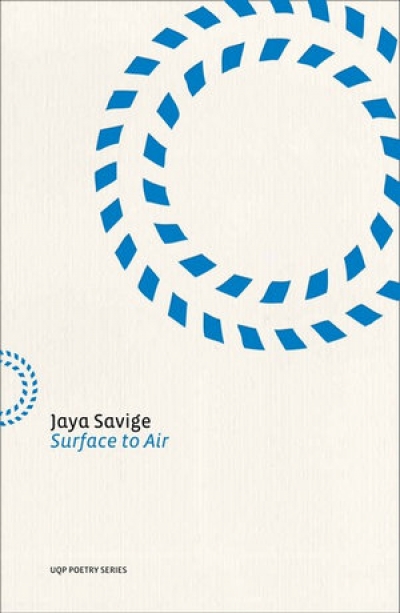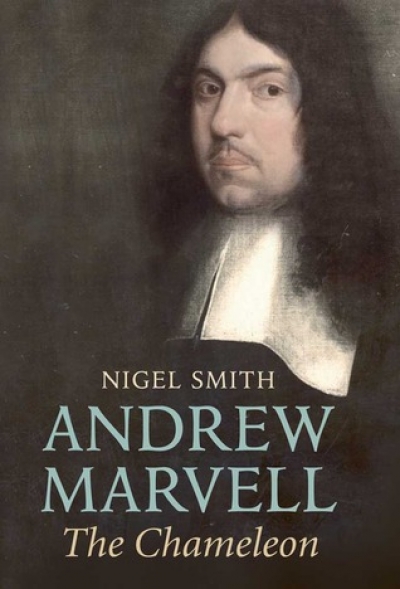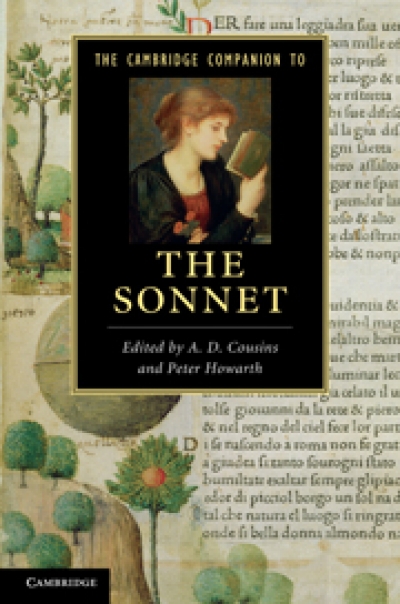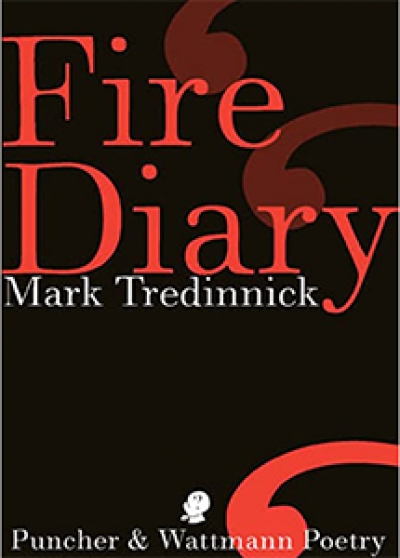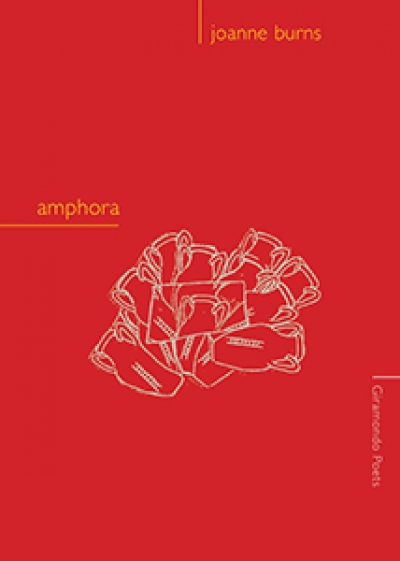Poetry
The Wing Collection: New and Selected Poems by Diane Fahey
Over nearly thirty years and ten books, Diane Fahey has made a significant contribution to Australian poetry. The Wing Collection, from Puncher & Wattmann, showcases a wonderful array of her work. This generous collection offers a rich journey through Fahey’s key images and the recurring preoccupations that ...
... (read more)The title of Bruce Dawe’s first collection, No Fixed Address (1962), pointed to an early working life of innumerable casual jobs. This was covered to some extent in Stephany Steggall’s excellent biography, Bruce Dawe: Life Cycle (2009). As the working life of an Australian poet, this would be ...
... (read more)With 1086 pages of poems and critical biographies, Australian Poetry Since 1788 – the third anthology co-edited by Robert Gray and myself – is by far the largest anthology of Australian poetry to date, and at least twice the size of its predecessors. Perhaps controversially, it has fewer poets than many earlier anthologies, with only 174 named poets. But it covers the gamut of Australian poetry, including convict and bush ballads, translations of Aboriginal songs, humorous verse, concrete poetry, and generous selections of Australia’s major poets and of the younger contemporary poets. We have tried to be catholic, rigorous, and objective, while listening carefully (with our very subjective ears) to the many different voices from which we had to choose.
... (read more)Activist Poetics: Anarchy in the Avon Valley by John Kinsella, edited by Niall Lucy
This book of essays by the vegan-anarchist-pacifist poet John Kinsella on the relationship between political activism and poetry raises two big questions: how do we live in modernity? and what is it like to live beyond the mainstream? The first question lies behind the great cultural movements of the West, from Romanticism to postmodernism. Whether writers have embraced modernity or rejected it, they have long struggled with the very conditions that brought literary culture into existence. The utopian possibilities of modernity have always been in conflict with modernity’s material realities.
... (read more)Jaya Savige’s first book, latecomers (2005), was an impressive début and won the New South Wales Kenneth Slessor Award for Poetry in 2006. Surface to Air is a more varied, equally impressive, volume. Savige meditates on the poet Tasso’s oak tree (inspired by Peter Porter’s ‘Tasso’s Oak’), a survivor of Hiroshima, the Big Brother television show, and, as this book’s epigraph by W.S. Merwin might predict, the loss of an uncontaminated natural world, or Eden: ‘kneel by the sky-blue bic that nests / in the shallow bowels of an albatross carcass’ (‘Recycling Night’).
... (read more)Julian Croft reviews 'Fresh Linen' by Gary Catalano, 'The Hooded Lamp' by Roland Robinson, and 'At Valentines' by Ken Taylor
These three volumes, reprints of books published in the 1970s and 1980s, appear in the Art Box Series by Picaro Press. Reasonably priced, they will give contemporary readers a sense of the seedbed of Australian poetry a few decades ago. These volumes do just that. It would be hard to imagine a ...
... (read more)In 1629, Charles I of England sent Daniel Nys to Europe to buy art. Along with works by Titian and Rubens, Nys bought Mantegna’s masterpiece, The Triumphs of Caesar (1486–92). This work on nine large panels is at once sombre and full of wonders. Of its time the most accurate representation of Roman customs and costumes, it is also a work in which precision has a strange effect, almost of tenderness. Still hung at Hampton Court, it was one of only a few works that Cromwell kept after the regicide.
... (read more)The Cambridge Companion to the Sonnet edited by A.D. Cousins and Peter Howarth
It is a measure of the stature of William Wordsworth among his younger contemporaries that he would find himself subject to innumerable challenges over the early years of the nineteenth century. What upset the second generation of Romantic poets – Percy Bysshe Shelley, Lord Byron, and, to some extent ...
... (read more)Mark Tredinnick’s much-anticipated first collection of poetry, Fire Diary, is an examination of place and how to respond to it. The title provides a clue to the form of the book; many poems chart the daily exigencies of living within nature. More importantly, the collection explores the moods and aspirations of the self ...
... (read more)joanne burns has long been a force in Australian poetry. amphora, her thirteenth collection, builds on that legacy with the energy and vital idiosyncrasy with which readers have come to associate her work. The collection’s title – one of the sections of poetry – gives us a clue as to what we will find here. burns offers her reader an amphora, and thereby casts her book as a beautiful jar brimming with words and insights, stories from the past, sustenance for the present. William Carlos Williams wrote, ‘… men die miserably every day / for lack of what is found [in poems].’ Drink deeply, amphora urges us, because poetry contains the very stuff of life.
... (read more)
